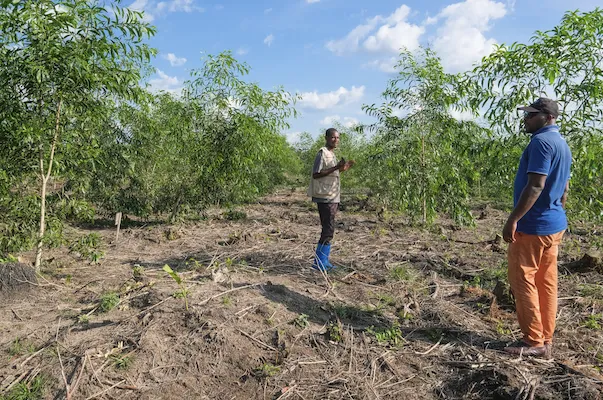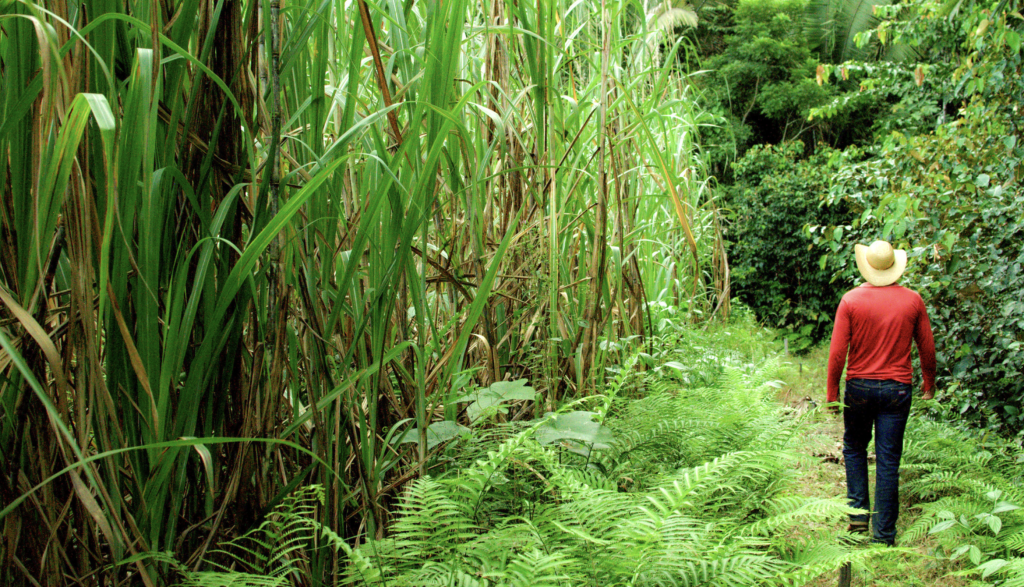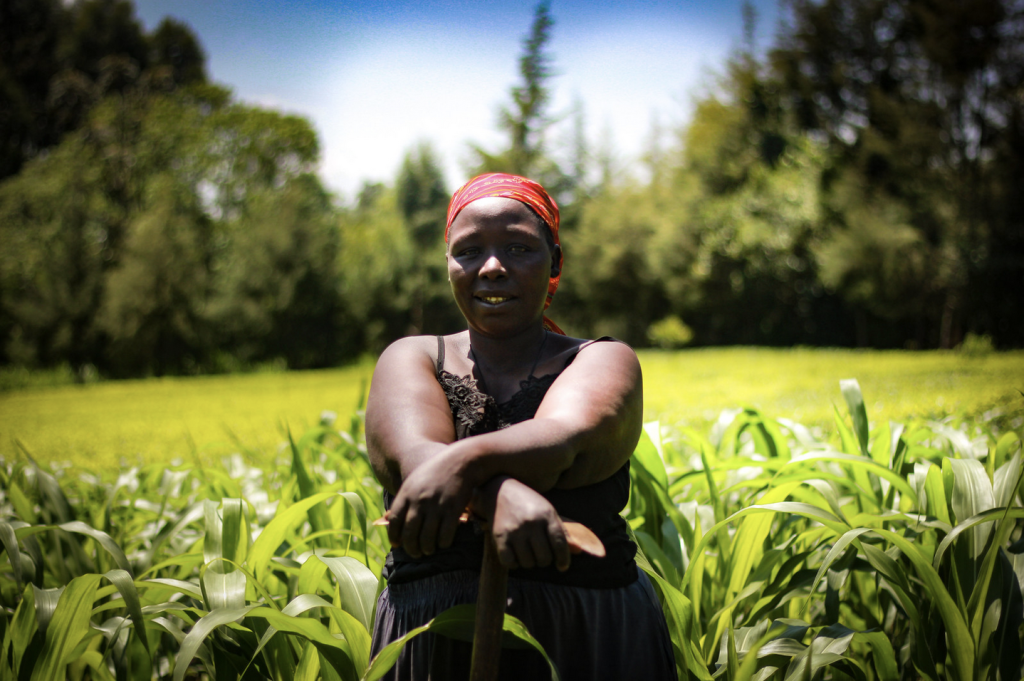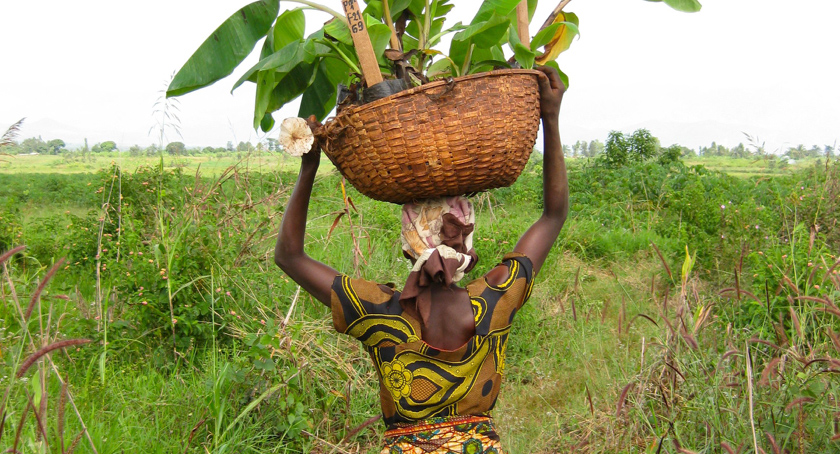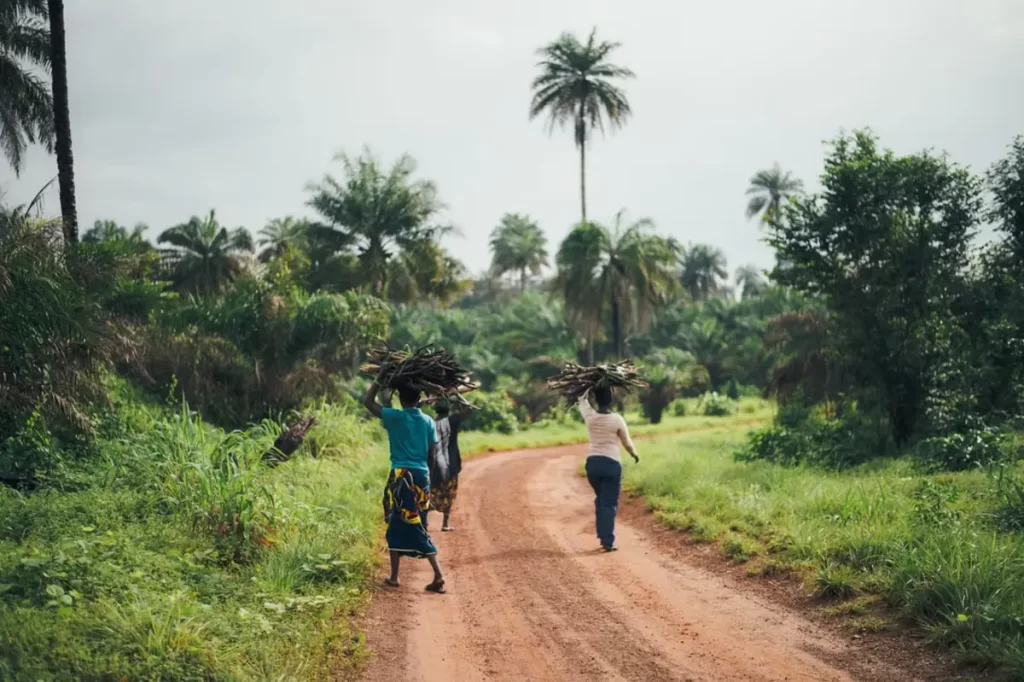Current global challenges put strong emphasis on the urgent need for a sustainable transformation of agriculture and food systems. As recognized by several landmark reports, integrated biodiverse approaches including agroecology are a key part of the response. Foresight processes that properly incorporate integrated biodiverse approaches – including agroecology – to foster sustainable food system transformations can help decision-makers prepare for an anticipated change and provoke a desired transition that is supported by the majority of stakeholders. Therefore, sustainable food system transformations require appropriate tools designed to make behavior change attractive. In particular, agricultural foresight methodologies need to:
- consider new drivers
- look at the whole food systems and not only at some elements
- build appealing narratives and
- imagine new quantitative models able to represent complex practices and larger number of crops and food system components
- incorporate policy makers in the whole process and
- take into account interactions between geographical scales.
This project contributes to GIZ’s Support of Agroecological Transformation Processes in India (SuATI) program and to the Scaling up Agroecology Initiative.
Project scope and aim
The project intends to improve the contribution of foresight approaches to sustainable food systems transitions through agroecology by:
- Confronting and learning from recent foresight processes to produce a global guidance document on foresight approaches for sustainable food systems through agroecological transitions
- Evidencing the importance of participatory approaches in foresight with a diversity of stakeholder groups
- Improving the practical use of foresight to move from scenario-building to developing detailed policy recommendations and policy measures addressed to a variety of stakeholders.
The project will deliver its outcomes through one global component and two country level components:
A global component aims to develop a global guideline document on the use of foresight tools to support policies for food systems and agroecological transformations. This implies greater collaboration between foresight and agroecology communities.
Two country level components include that of Senegal on the implementation of a foresight exercise “AgroEco2050 Senegal” based on Agribiom; and that of Andhra Pradesh, focused on the translation of “AgroEco2050 India” Foresight exercise into policy recommendations through policy dialogues and knowledge exchange among policy-makers.
Modality
It will also support approaches of foresight that aim at facilitating transitions of food systems with agroecology and develop appealing narratives. Some approaches will be:
- Specifically built to model agroecological options and
- Use models as a “learning machine” that leaves room for a variety of scientific and stakeholder knowledge, as well as public debate. This will build on the experience of Agrimonde developed by CIRAD and INRA – a foresight initiative based on the Agribiom model, which unveils virtual realities, processes and actors that were invisible in mainstream models, and asserts visions of sustainable agri-food systems by 2050
Timeframe
13 December 2021 – 13 October 2023
Key members and partners
Global:
Implementing organisation: Food and Agriculture Organization of the United Nations (FAO)
Scientific partners: French Agricultural Research Centre for International Development (CIRAD)
Resource partners: the Deutsche Gesellschaft für Internationale Zusammenarbeit (GIZ)
National:
Senegal: L’Institut Sénégalais de Recherches Agricoles (ISRA)
Andhra Pradesh: Rythu Sadhikara Samstha, Department of Agriculture of the Government of Andhra Pradesh (RySS)
Related resources
Here you will find the complete set of presentations delivered during the Global Workshopon ‘’Exploring sustainable futures through agricultural foresight exercises – method, purposes and implications”,held in the FAO Headquarters in Rome (Italy) on 7 and 8 November 2022, along with the stocktaking report and the summary sheets from presented foresight initiatives.
Location
Senegalat a national level and in Andhra Pradesh (India) on a State level
Key contacts
FAO: Anne-Sophie Poisot, Agricultural Officer, Deputy-Team Leader, Pest and Pesticide Management Unit, FAO AnneSophie.Poisot@fao.org and Jimena Gomez, Agroecology Consultant, Ecosystem Approaches to Crop Production Intensification Unit, FAO Jimena.Gomez@fao.org
CIRAD: global:Marie de Lattre-Gasquet, Researcher marie.de_lattre-gasquet@cirad.fr;Fatma Rostom, Researcher fatma.rostom@cirad.fr Senegal: Remi Prudhomme, Researcher remi.prudhomme@cirad.fr; India: Bruno Dorin, Researcher bruno.dorin@cirad.fr
GIZ: Ute Rieckmann, Project Director, Support of Agroecological Transformation Processes in India (SuATI) ute.rieckmann@giz.de and Berthold Wohlleber, Advisor SuATI, berthold.wohlleber@giz.de
Other people involved in implementation:
FAO: Emma Siliprandi, Agricultural Officer Emma.Siliprandi@fao.org; Stefano Mondovi, Agricultural Officer, Stefano.Mondovi@fao.org; Ronnie Brathwaite, Team Leader NSPED, Ronnie.Brathwaite@fao.org
GIZ: Ashirbad Das, SuATI-Advisor Research & Policy ashirbad.das@giz.de; Liesa Nieskens, Advisor on AE-knowledge exchange Liesa.Nieskens@giz.de
CIRAD: Jean-Michel Sourisseau, Head Research Unit, jean-michel.sourisseau@cirad.fr;Theophany Hazoume, Researcher, theophane.hazoume@ens.psl.eu;
Added value to the Agroecology TPP
The key partners of the project, CIRAD, FAO and GIZ are already members of the Agroecology TPP. The outcomes of this project could provide more elements, evidence and tools to its members respectively on their different mandates to support evidence-based agroecological transitions, and bridge the policy-implementation gap. To the broader AE-TPP community, the project helps to integrate agroecology into foresight tools and processes, visualising the macro-economic implications linked to sustainable food systems. The project also helps to strengthen connections between the AE-TPP, the Scaling up Agroecology Initiative and GIZ’s program on ‘Support of Agroecological Transformation Processes in India’ (SuATI).
Added value to the organisation running the project
The results of the project can be widely disseminated within and through the different Ae-TPP channels and members, building synergies and connections with sister initiatives, programs and research projects in similar areas of interest. The AE-TPP could also present the project outcomes as additional tools and processes that could be considered by stakeholders and policy makers when designing transformative pathways.

